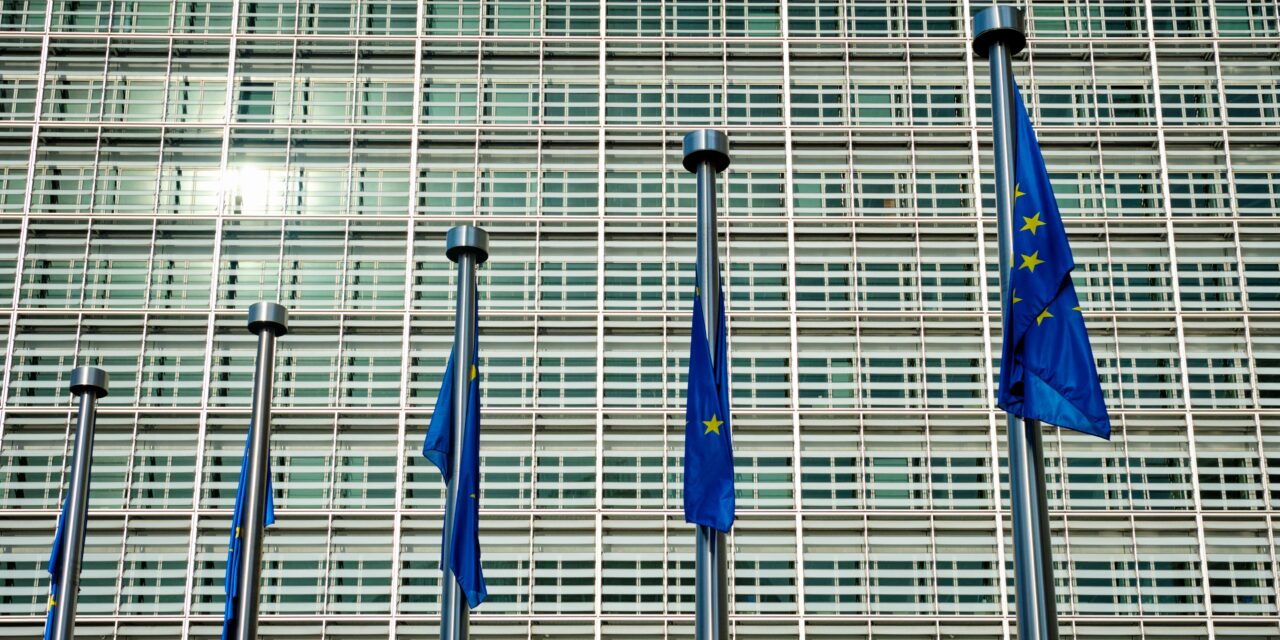The Catalan Politicians Currently Have Immunity from Prosecution as MEPs
Belgium’s decision to refuse to extradite Spanish MEPs under a Euro Arrest Warrant has been criticised by the EU Court of Justice.
In a landmark ruling, the Court of Justice of the European Union (CJEU) has said that Belgium’s decision to reject Spain’s extradition request for Catalan separatist Lluís Puig was not legal, unless it could prove that there were “systemic deficiencies” in Spain’s judicial system.
Puig is one of the former members of the Catalan government that declared independence from Spain in 2017, following a disputed referendum. He fled to Belgium along with other exiled politicians, including former president Carles Puigdemont.
Belgium Refuse to Extradite
Spain issued European arrest warrants (EAWs) for them, accusing them of sedition, rebellion and misuse of public funds. However, Belgium refused to execute the EAWs for Puig and Puigdemont, arguing that they did not have an equivalent offence in their national law and that there were doubts about their fair trial rights in Spain.
The CJEU ruling came after a preliminary question raised by a Belgian court that had to decide on Puig’s extradition. The CJEU said that an EAW can only be refused if there is a “real risk” of a breach of fundamental rights due to “systemic or generalised deficiencies” affecting the independence or impartiality of the judiciary in the issuing state.
The CJEU also said that it is up to the national court to assess whether such a risk exists, taking into account all relevant information, including reports from international organisations and bodies of the EU.
Belgium Can Still Refuse to Extradite After Ruling
The ruling does not mean that Belgium has to extradite Puig automatically. It only clarifies the legal criteria that must be applied by the Belgian court when making its final decision.
Puig’s lawyer welcomed the ruling as a “victory”, saying that it confirmed that Belgium had acted correctly by refusing his extradition. He also claimed that there was enough evidence to show that Spain had violated his client’s rights.
Spain Demands Extradition Proceed
However, Spain’s foreign minister said that the ruling was “very clear” and showed that Belgium had no grounds to deny Puig’s extradition. He also expressed confidence that Belgium would comply with its obligations under EU law.
The case has political implications for both countries and for the EU as a whole. It tests the principle of mutual trust and recognition among member states’ judicial systems, which underpins the EAW system.
It also affects the fate of other Catalan separatists who are facing trial or have been sentenced in Spain for their role in the 2017 independence bid. Some of them have also sought refuge in other EU countries, such as Scotland and Switzerland.
The CJEU ruling could set a precedent for their cases and influence how other national courts deal with similar extradition requests from Spain.






